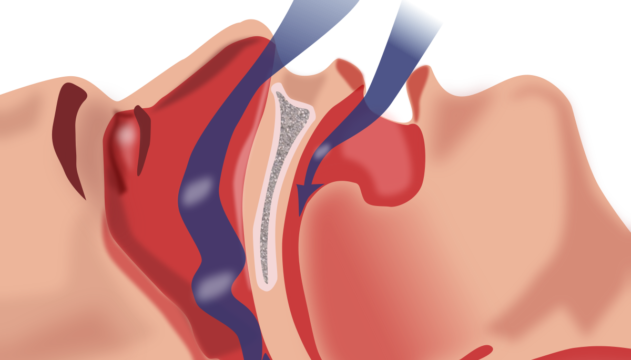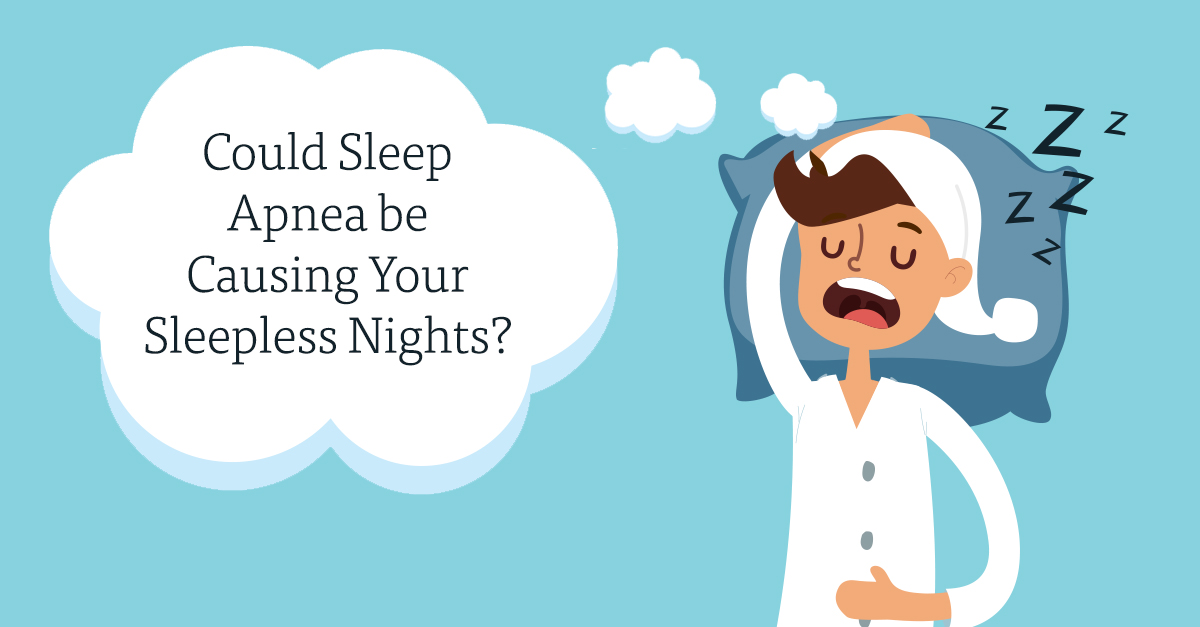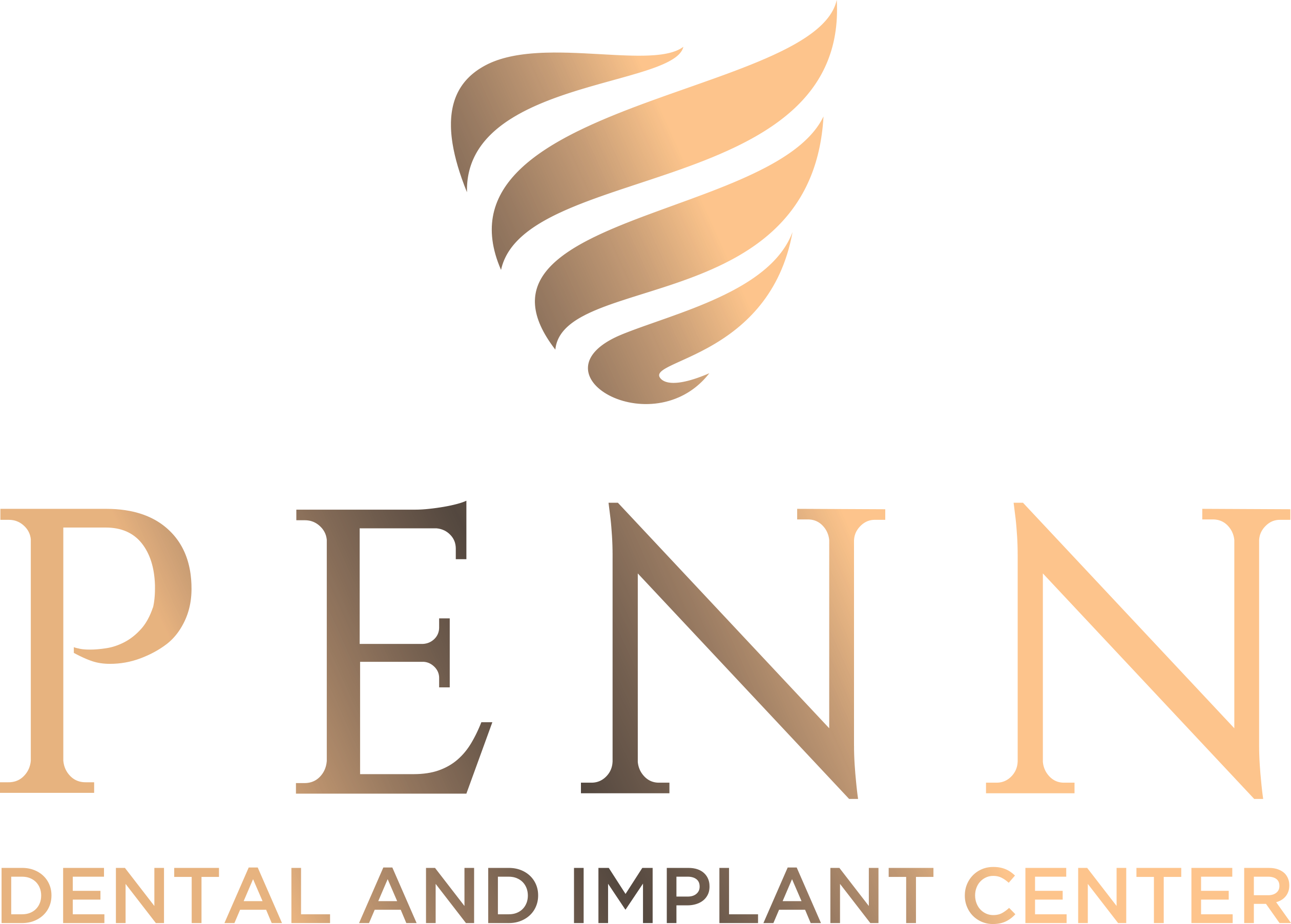_
WHAT WE DO? Sleep Apnea
1
SLEEP APNEA
Sleep apnea is a condition in which your sleep is interrupted repeatedly throughout the night as a result of your breathing stopping and starting again as you sleep. This can prevent you from getting proper rest, cause you to fall asleep at unexpected times during the day, and lead to accidents and injuries while you are awake. Just as seriously, sleep apnea can put you at risk for health issues such as pulmonary hypertension, heart disease, diabetes, ADHD, erectile dysfunction and stroke just to name a few.


2
DO YOU HAVE SLEEP APNEA ?
Typically, Patients that are suspected of having an airway obstruction or sleep apnea are highly advised to take part in a polysomnography, or sleep study, as part of their care. If you have not yet had a polysomnography, Penn Dental and Implant Center will work with you and your medical provider to have the study completed. If you have had a sleep study already, your doctor will review the results in preparing a treatment plan in conjunction with your primary medical doctor or other treating doctors such as your ENT, Pulmonologist or Neurologist.
3
TREATMENT OPTIONS FOR SLEEP APNEA
Medical Doctors sometimes prescribe therapy for Obstructive Sleep Apnea with CPAP (continuous positive airway pressure) as a non-surgical treatment for sleep apnea. A CPAP machine helps open the airway to normalize breathing as you sleep. Some patients find the therapy effective, but others cannot tolerate wearing a CPAP mask to sleep every night.
An alternative non-surgical approach to sleep apnea in some cases is a wearable appliance. These devices include oral appliances that ease the lower jaw forward and splints that hold the tongue in place. These appliances may be effective for mild to moderate cases of sleep apnea. Some, patients however, choose to stop using these appliances after a while and continue experiencing symptoms as a result. In such cases, further consultations with ENT’s or Oral Surgeons for surgical solutions to treating sleep apnea may be considered.
